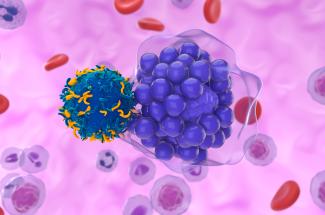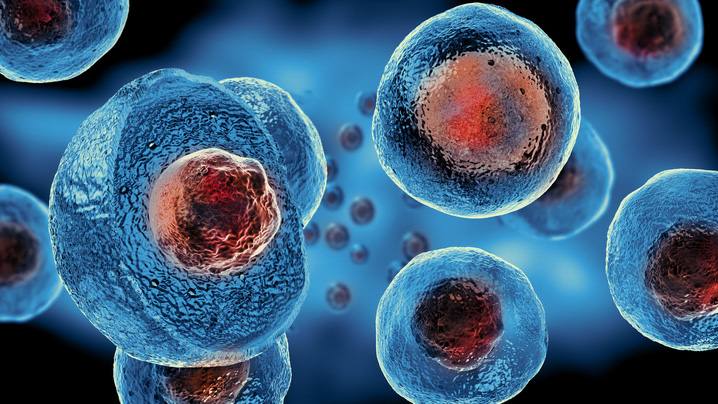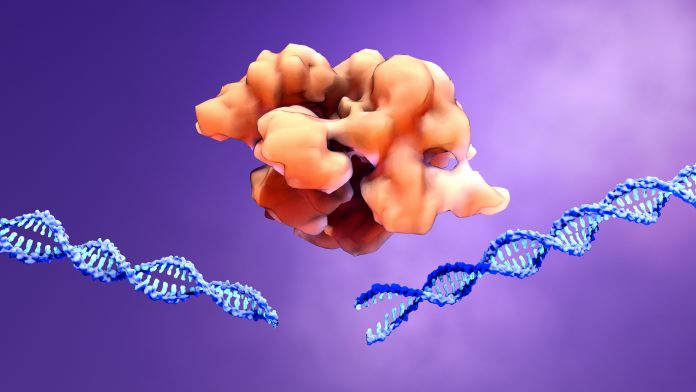By National institutes of Health –
Chimeric antigen receptor (CAR) T cell therapies involve taking immune cells, called T cells, from a patient and engineering them to make a protein that lets them recognize and attack the patient’s cancer cells. CAR T cells have proven effective at treating cancers that arise from a different type of immune cell, called B cells. Since B cells are also involved in various autoimmune diseases, CAR T cell therapies may be able to treat these diseases, too.
But access to CAR T cell therapies is limited by several factors. Making CAR T cells is complex and costly, and can’t currently be done on a large scale. Also, patients being treated with CAR T cells must first undergo chemotherapy to deplete their existing T cells.
One way to make CAR T cell therapy simpler and more accessible would be to make the CAR T cells within the patient’s body. Researchers, led by Dr. Haig Aghajanian at Capstan Therapeutics and Dr. Carl June at the University of Pennsylvania Perelman School of Medicine, developed a way to do this using targeted lipid nanoparticles (LNPs). The results of their work, which was supported in part by NIH, appeared in Science on June 19, 2025.




